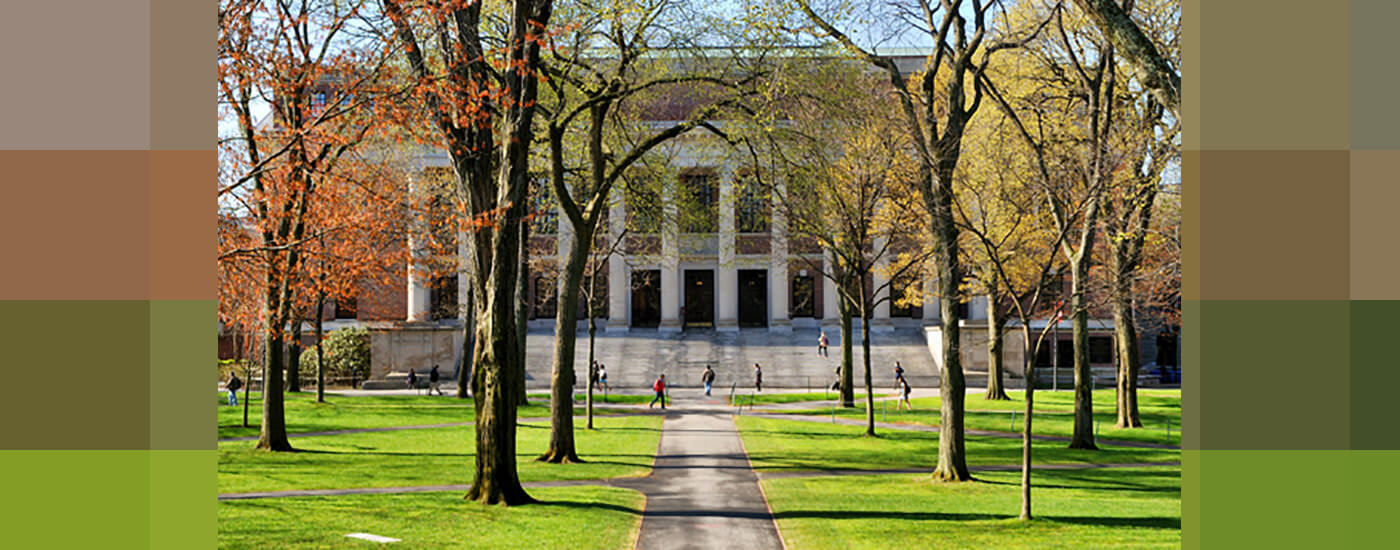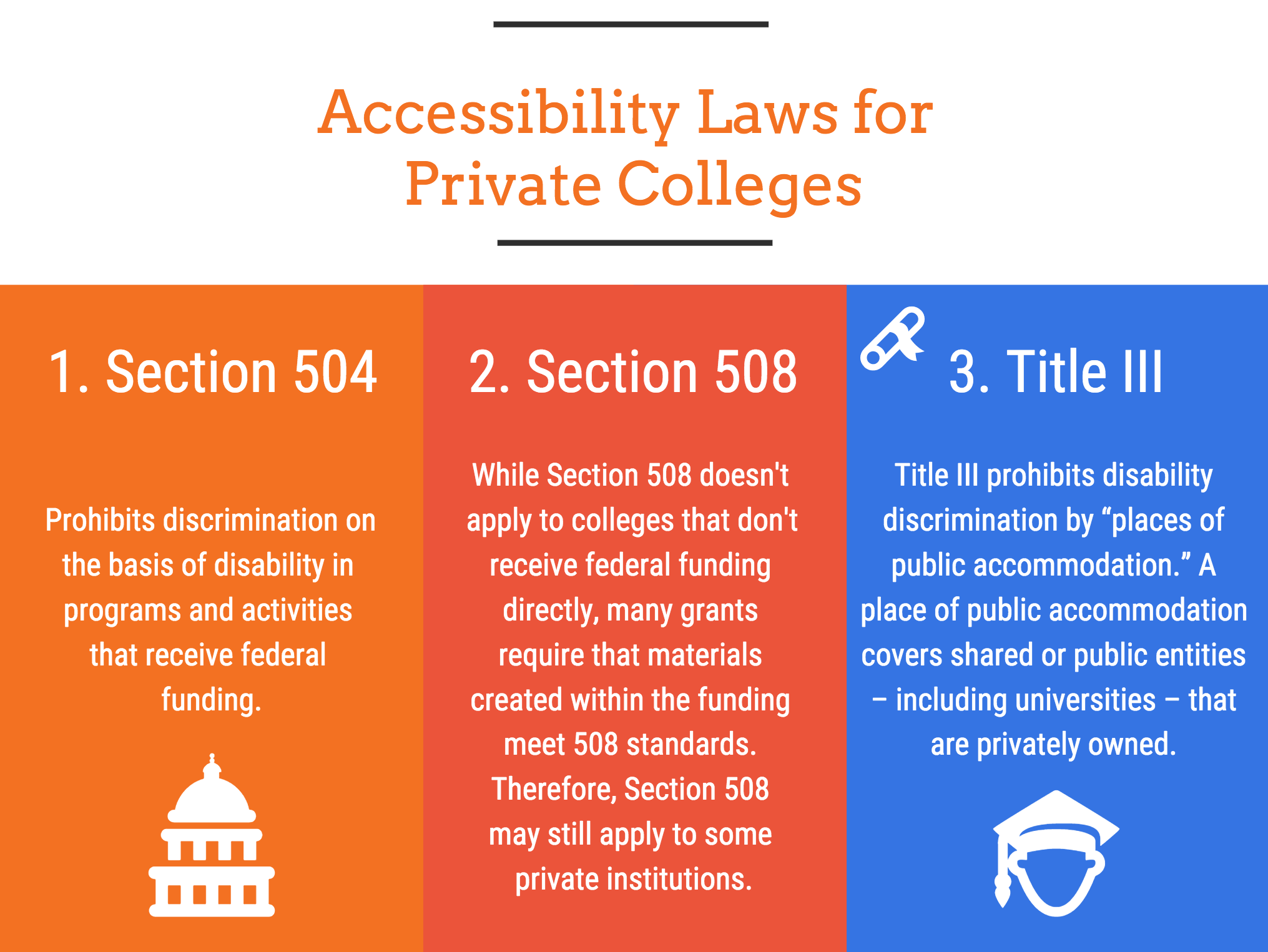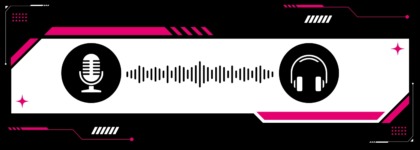504 vs. 508 vs. Title III: Accessibility Laws for Private Colleges
Updated: March 16, 2021
Technology and video are growing fast, and college campuses and institutions of higher education are powerhouses of video content. With all this video infiltrating classrooms, information sessions, and advertising efforts, it’s crucial that this content is accessible to all. Although the intricacies of the laws may differ slightly between public and private institutions, private colleges are not exempt from accessibility laws.
Section 504
Section 504 of the Rehabilitation Act supports the basic rights of people with disabilities, and applies to organizations that receive federal funding. Section 504 of the Rehabilitation Act states: “No otherwise qualified individual with a disability in the United States […] shall, solely by reason of her or his disability, be excluded from the participation in, be denied the benefits of, or be subjected to discrimination under any program or activity receiving Federal financial assistance or any program or activity conducted by any Executive agency or by the United States Postal Service.”
Simply put, if you receive federal funding, you cannot legally discriminate due to a disability. All organizations receiving federal funds are required to make accommodations for equal access, including providing closed captioning for users who are deaf or hard of hearing.
While you may assume that private colleges do not receive federal funding, many participate in federal student aid programs, such as federal grants. These universities and colleges that receive federal grants must comply with Section 504.
Section 508
Section 508 applies to electronic communications and information technologies. It requires that websites, email, or web documents, be fully accessible to all individuals regardless of a disability. For video content, closed captions are a specific requirement.
Section 508 doesn’t directly apply to colleges, but some private colleges that receive federal funds may still be subject to its rules and regulations. This is because many grants require that materials created within the funding meet Section 508 standards.
Title III
Title III of the Americans with Disabilities Act (ADA) applies to all private colleges (except those considered a “religious entity”) whether or not they receive federal funds. This title protects individuals’ full and equal enjoyment of the goods, services, facilities, or accommodations. The ADA does not specifically mention online video or captions, however it does call for “auxiliary aids” in communication. Closed captions and audio description would fall into this category of “auxiliary aids” which assist the disabled, and allow for equal access to goods or services provided to the public.
A Closer Look: MIT and Harvard
Sometimes the best way to understand accessibility laws is to see them put to the test. We can do this by taking a close look at relevant lawsuits. In February 2015, the National Association of the Deaf (NAD) filed suit against Massachusetts Institute of Technology (MIT) and Harvard University – both private colleges – for violations of the ADA and the Rehabilitation Act. Despite both prestigious universities being private, the DOJ has sided with NAD, that the two institutions are in violation of these accessibility laws for failing to provide accurate and comprehensive captioning for online course materials.
__
Not sure where your institution falls? Take this quiz to find out which laws apply for you!
Further Reading

Subscribe to the Blog Digest
Sign up to receive our blog digest and other information on this topic. You can unsubscribe anytime.
By subscribing you agree to our privacy policy.






